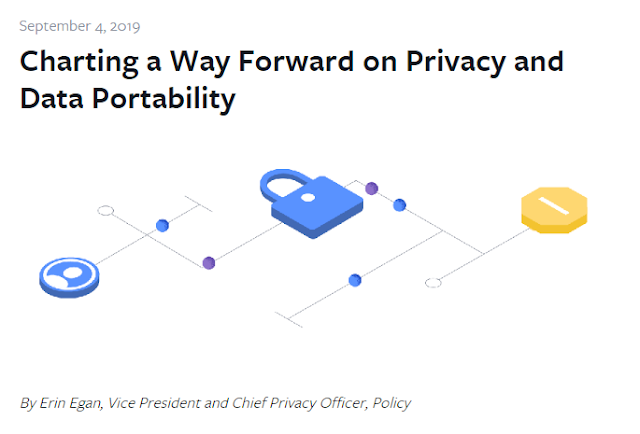Data is not Memory

“ Data is Data ” explored that data is not oil but that data is something that is unique and we should call it for what it is; #Data. The reason explained is that all the analogies: oil, gold, sunshine, commodities, time and labour, fail to bring out the uniqueness of data. Whilst the thinking explored in that post still stands, a year on I have to challenge one key assumption, which I will come to. I recently posted ideas of where memory comes from , and specifically the links between memory and identity. We have different types of “memory” for myself, society and nature and now data/ digital might be creating a new type of memory. The reason memory and its link to data is worth exploring is that both depend on relationships to derive “value.” Data without relationships is worthless. Memory without relationship (connection) is worthless. The assumption that we need to look, “In our complex digital world what type of “memory” do we want the system to have?” Memor...






